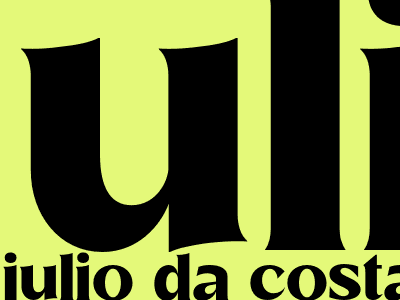
Julio da Costa: A Legendary Sculptor
Early Life and Career
Julio da Costa was a renowned Portuguese sculptor born in Lisbon in 1899. Inspired at a young age, he enrolled in the Escola Superior de Belas Artes in Lisbon, where he developed his exceptional skills and artistic vision.
Costa's early works showcased his mastery of form and intricate detailing, particularly in his portrayal of human subjects. His sculptures often captured the essence of everyday life, capturing the emotions and gestures of ordinary people.
Rise to Prominence
In the 1920s, Costa's talent gained recognition beyond Portugal. He exhibited his works at international expositions, including the Paris Salon and the Venice Biennale, where he garnered critical acclaim and numerous awards.
During this period, Costa's style evolved towards a more abstract and modernist aesthetic, influenced by the avant-garde movements of the time. He experimented with geometric forms and expressive lines, creating sculptures that challenged traditional conventions.
Costa's reputation as a sculptor of international stature was solidified with the commission of major public works, including monuments and sculptures for civic buildings. His works can be found in prominent locations throughout Portugal and around the world, including the Jerónimos Monastery in Lisbon and the Gulbenkian Museum in London.
Artistic Legacy
Julio da Costa left an indelible mark on the world of sculpture. His works are renowned for their technical prowess, emotional depth, and innovative style.
Costa's sculptures continue to inspire and captivate audiences worldwide, testament to his enduring legacy as a master sculptor. His influence can be seen in the works of subsequent generations of artists, who continue to draw inspiration from his groundbreaking techniques and artistic vision.